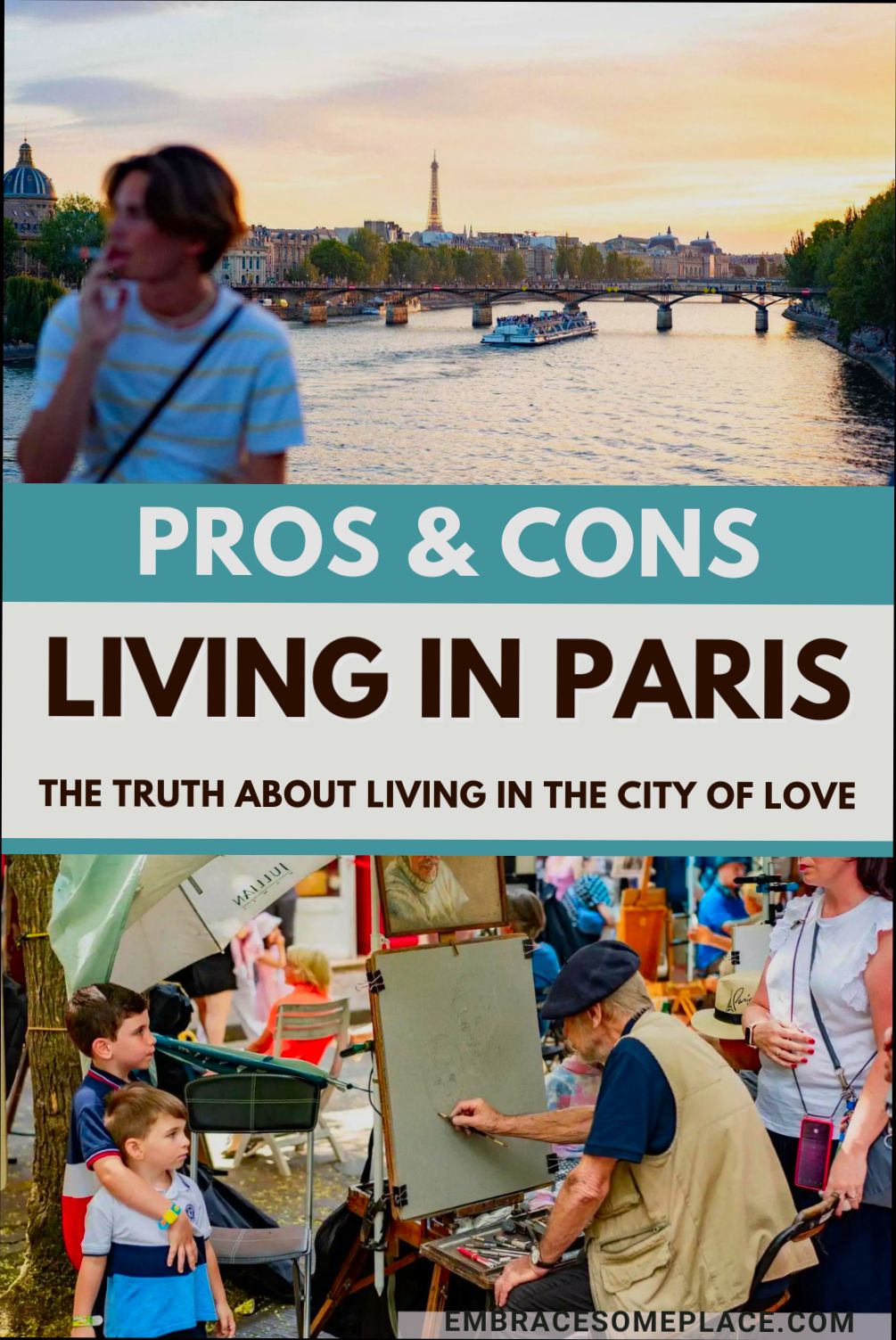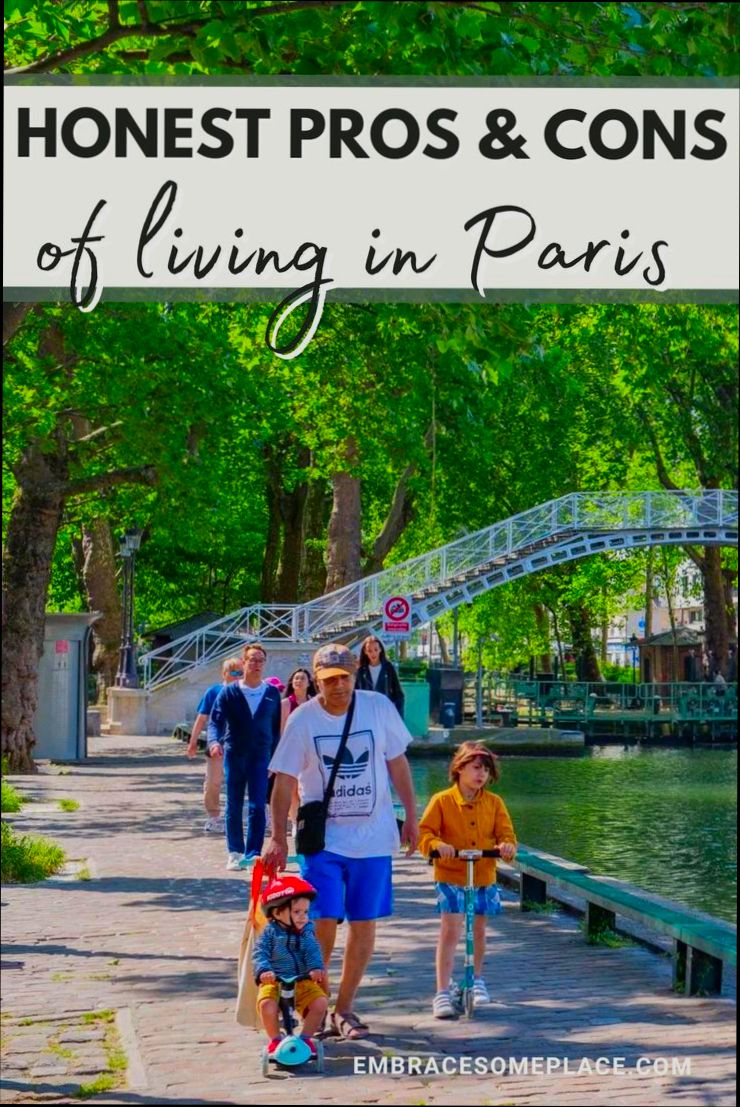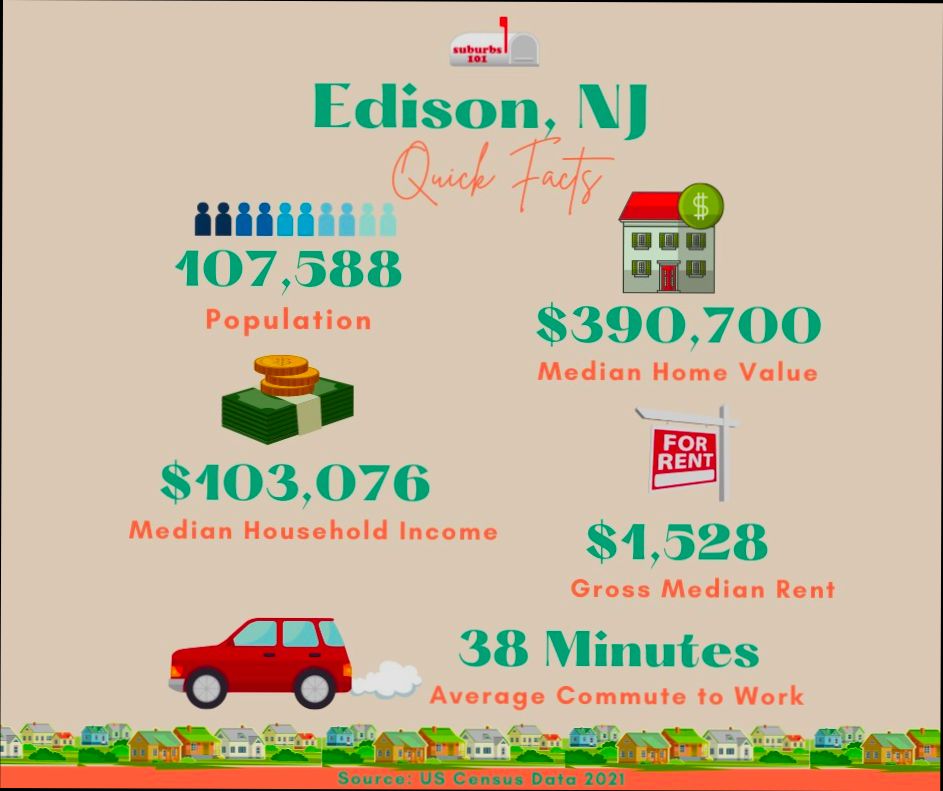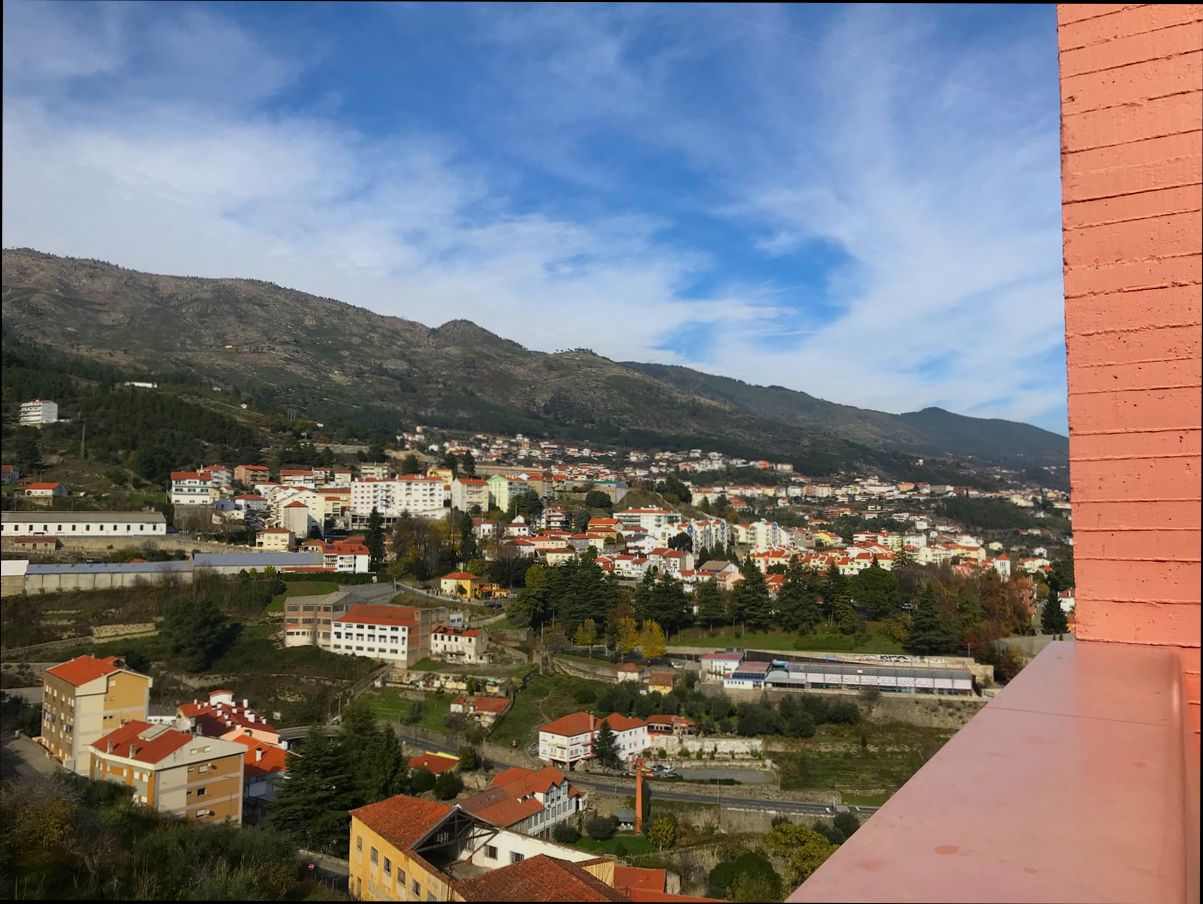Pros and Cons of Living in Paris France as an Expat can feel like a whirlwind experience. For example, while you can stroll down the enchanting Seine at sunset, soaking in views of the iconic Eiffel Tower, you might also encounter sky-high rent prices that average around €1,200 a month for a one-bedroom in the city center. The culinary scene is a dream, with thousands of charming cafés and bakeries serving everything from flaky croissants to Michelin-starred dinners, but don’t be surprised if you find yourself frustrated with the bureaucracy—getting a simple residency permit can take months and requires a mountain of paperwork.
On the flip side, life as an expat in Paris is packed with perks that make the occasional hiccup worth it. The extensive public transport system, with the Métro covering over 214 kilometers and 302 stations, means you can zip across the city without breaking a sweat. You’ll likely meet people from all corners of the globe, making friendships that can enrich your experience. Yet, the language barrier can be daunting; many locals are not fluent in English, and if you’re not willing to pick up a few French phrases, you might find your dining experiences are slightly less delightful than you’d hoped.

Cultural Richness Versus Integration Challenges
Living in Paris offers a vibrant tapestry of culture, history, and artistry that can enthrall any expat. However, navigating this rich landscape can also bring unique integration challenges. So, let’s unpack this duality more closely.
Rich Culture, But Language Barriers Persist
One of the greatest cultural treasures in Paris is undoubtedly its language. French is not only the medium of communication but also a key part of the national identity. Yet, expats often face significant integration struggles due to language barriers:
- 70% of Parisians feel that speaking French is essential for forming meaningful friendships.
- 65% of expats report feeling isolated because they struggle with the French language.
Even basic interactions, such as ordering at a café or asking for directions, can sometimes lead to frustration if you’re not confident in your French skills.
Diverse Communities, Varied Acceptance
Paris is home to various ethnic communities, contributing to its cultural richness. However, not all groups experience the same level of acceptance, which can complicate integration for some expats:
- According to research, nearly 50% of expats from non-European backgrounds reported experiencing cultural misunderstandings or subtle biases.
- Only 30% of these individuals felt that their cultural background was acknowledged positively in social settings.
This disparity highlights the complex relationship between cultural diversity and acceptance in the city.
| Aspect | Cultural Richness | Integration Challenges |
|---|---|---|
| Language | Key medium for connection and cultural immersion | Hard barrier for meaningful interactions |
| Community Diversity | Rich mix of backgrounds (North African, Asian, etc.) | Varying levels of acceptance and understanding |
| Personal Connections | Depth in friendships cultivated through common interests | Resistance due to language and cultural differences |
Real-World Examples
Take Sarah, who moved from Canada to Paris. She enrolled in a French language course to bridge the gap. Initially overwhelmed, her efforts led her to discover local art classes where she met Parisian artists. The shared passion for art fostered friendships; however, she still encountered instances where deeper connections felt hindered by language nuances.
Conversely, we see Jamal from Morocco, who faced difficulty in social circles despite his fluency in French. He found that while he could communicate effectively, some locals held onto preconceived notions about his cultural background. This experience illustrates the fine line between enjoying cultural richness and facing integration challenges.
Practical Insights for Expats
- Enroll in Language Classes: Investing time in learning French can significantly ease daily interactions and help you feel more connected.
- Engage in Local Activities: Participate in community events, more than just social gatherings. Look for workshops or artistic endeavors where cultural exchanges thrive.
- Build Diverse Connections: Seek out multicultural groups or expat hubs to find individuals who share common experiences and can directly relate to your integration struggles.
Actionable Advice
If you’re navigating the cultural richness of Paris, seek opportunities to volunteer or partake in local traditions. Not only do these experiences enhance your understanding of French culture, but they also offer chances to build bridges across diverse communities. By actively engaging and sharing your unique background, you can contribute to a more inclusive atmosphere that values cultural exchange.

Cost of Living Analysis for Expats
Living as an expat in Paris brings unique financial challenges and considerations. Understanding these costs can help you plan your lifestyle and budget effectively. This section dives into the essential aspects of the cost of living that expats need to be aware of.
Key Costs to Consider
1. Housing: Rent in Paris can vary significantly based on the neighborhood you choose. Generally, one-bedroom apartments in the city center average around €1,200-€1,800 per month. However, if you’re open to living outside the central districts, costs can drop to €800-€1,200.
2. Transportation: Public transportation is a convenient option in Paris. A monthly pass for unlimited travel on buses, trams, and metro systems costs around €75. This option can save you money compared to owning a car, especially when factoring in parking and fuel costs.
3. Groceries: On average, an expat can expect to spend about €300-€500 monthly on groceries, depending on dietary preferences and shopping habits. Keep in mind that organic and imported products can significantly increase your bill.
4. Dining Out: Eating out in Paris can range from affordable to extravagant. A meal at a mid-range restaurant typically costs around €15-€30 per person. For those who enjoy finer dining, expect to pay upwards of €60 for a three-course meal.
5. Utilities: Utilities, including electricity, heating, and water, can run between €100-€200 per month in a standard apartment, depending on usage and the season.
| Expense Category | Estimated Monthly Cost |
|---|---|
| Housing | €1,200-€1,800 |
| Transportation | €75 |
| Groceries | €300-€500 |
| Dining Out | €15-€60 (per meal) |
| Utilities | €100-€200 |
Real-World Examples
Consider Sarah, an expat from Canada. She found a one-bedroom apartment in the Marais district for €1,500 a month. With her monthly public transport pass and grocery costs, her monthly expenses reached €2,200. On the other hand, Mark, who opted for an apartment in the suburbs, pays only €900 in rent, keeping his overall monthly living costs closer to €1,500.
Practical Implications for Expats
Understanding these cost dynamics is vital for budgeting effectively in Paris. Here are a few tips:
- Research Neighborhoods: Some areas are more affordable than others. Choosing the right location can save you hundreds of euros every month.
- Explore Public Transit: Instead of purchasing a vehicle, utilize Paris’s efficient public transportation to minimize costs.
- Meal Planning: By planning your grocery lists and cooking at home, you can keep your food expenses reasonable.
Actionable Advice
- Set aside €2,500 as a buffer in your first few months for unexpected expenses and adjustments.
- Frequent local markets and use seasonal produce to keep grocery bills manageable.
- Factor in health insurance, which may add about €50-€200 monthly, depending on your plan.
By staying informed and strategic about these costs, you can create a sustainable and enjoyable expat experience in the City of Light.

Navigating the Job Market in Paris
Finding a job in Paris as an expat can be both thrilling and challenging. The city’s vibrant economy offers numerous opportunities, but understanding its job market is crucial for success. Let’s dive into what you need to know to effectively navigate this landscape.
The Job Landscape in Paris
Paris is at the heart of the French economy, employing over a third of all the nation’s executives. It accounts for about 23.1% of all jobs in France, making it an essential hub for professionals across various sectors. Here are some key points to consider when navigating the job market:
- High Employment Rate: The employment rate in France stood at 68.4% in 2023, reflecting gradual recovery after the pandemic. This figure is slightly lower than the EU27 average, but opportunities still abound, particularly in urbanized areas like Paris.
- Diverse Industries: Paris thrives in sectors such as finance, technology, fashion, and renewable energy. In fact, the region ranks #1 in Europe for R&D workforce (37.9%) and expenditure, presenting vast opportunities for candidates with a background in innovation and technology.
- Youth Employment: The youth employment rate in France has been climbing, reaching 35.2% in 2023. This is relevant for younger expats entering the job market, as it suggests an increasing acceptance of new talent, especially in burgeoning industries.
Job Vacancy Rates
Understanding job vacancy trends can be an asset in your job search. Here’s a snapshot of the job vacancy rates in Paris compared to France as a whole:
| Year | Job Vacancy Rate (France) | Job Vacancy Rate (Paris) |
|---|---|---|
| 2019 | 2.2% | 2.5% |
| 2021 | 2.7% | 3.1% |
| 2022 | 3.3% | 3.6% |
| 2023 | 3.1% | 3.4% |
The higher job vacancy percentage in Paris suggests that plentiful opportunities may exist, especially in competitive fields.
Real-World Examples
The 2024 Olympic and Paralympic Games will be hosted in Paris, bringing a slew of temporary and permanent jobs across various sectors, from hospitality to project management. This large-scale event can be a golden opportunity for expats looking to break into the local workforce or gain international experience.
Additionally, Paris’s status as the international capital of fashion means that creative professionals can find significant opportunities. For instance, major fashion houses and startups alike are consistently seeking innovative talent, further enhancing the local job market.
Practical Insights for Navigating the Job Market
If you’re planning to navigate the job market in Paris, consider these actionable tips:
- Leverage Networking: Utilize local professional networks and online platforms like LinkedIn or Meetup to connect with industry peers.
- Language Skills: Although many companies operate in English, improving your French can significantly enhance your employability.
- Utilize Job Portals: Websites like Pôle Emploi, APEC, and Expatica cater specifically to expats and can help streamline your job search.
- Understand Work Visas: Research visa regulations beforehand to ensure your eligibility to work in France.
By recognizing the dynamics of the job market and effectively utilizing available resources, you can increase your chances of finding satisfying employment in Paris.
As you embark on this journey, remember to stay persistent, flexible, and open-minded about the opportunities that lie ahead.

Quality of Life: Benefits and Drawbacks
Living in Paris can significantly influence your quality of life, with numerous benefits intertwined with some drawbacks. Expats often find that life in the City of Lights is both exhilarating and challenging, impacting their daily experiences and overall satisfaction.
Benefits of Living in Paris
- Public Transport Efficiency: The Paris Métro system boasts over 300 stations, making it one of the most extensive public transport networks globally. This efficiency allows you to traverse the city with ease, minimizing time spent commuting.
- Healthcare Quality: France consistently ranks high on healthcare quality, with a universal health system that covers around 97% of the population. This access allows expats to benefit from excellent medical services without prohibitive costs.
- Work-Life Balance: The French work culture encourages a strong work-life balance, with legally mandated minimums of 25 vacation days per year. This approach fosters a lifestyle that prioritizes personal time and leisure.
- Safety and Security: Paris enjoys a relatively low crime rate in comparison to other major cities, which positively impacts the quality of life for its residents. For instance, the crime rate has seen a 7% decline over the past few years.
Drawbacks of Living in Paris
- Air Quality Concerns: Urban living in Paris can lead to exposure to pollutants as the city is affected by smog and traffic. The Air Quality Index (AQI) often indicates unhealthy levels, notably during rush hours.
- Housing Conditions: Despite a rich cultural environment, many expats report that housing in Paris can be cramped and expensive. The average apartment size is under 55 square meters, which can be a significant adjustment for those used to larger living spaces.
- Expensive Groceries: The cost of living extends to groceries, where many expats notice that prices can be substantially higher compared to other European cities. For instance, the cost of regular goods is about 15% higher than in Berlin.
- Cultural Adjustments: The adjustment to the local lifestyle and habits may be challenging. For example, it might take time to adapt to the dining hours, which typically begin later in the evening than what many expats may be accustomed to.
| Aspect | Benefit | Drawback |
|---|---|---|
| Public Transport | Extensive network (300+ stations) | Can be overcrowded during peak hours |
| Healthcare | High-quality universal system (97%) | Limited English-speaking services |
| Work-Life Balance | Minimum 25 vacation days | Longer working hours in some sectors |
| Safety | Low crime rate (7% decline) | Potential for petty crime |
| Air Quality | N/A | Unhealthy pollution levels |
Real-World Examples
- An expat’s story: Sarah, who moved from Toronto, appreciates the high-quality healthcare system, especially when her child fell ill. She highlighted that they received fast and comprehensive care without exorbitant costs, enhancing her family’s quality of life.
- Transportation efficiency: John, an avid cyclist from London, often commutes via the Métro. He notes that while it’s efficient, during the rush hour, the overcrowding can be quite daunting – a contrast to the more spacious public transport options in his home city.
Practical Implications
- To maximize your quality of life in Paris, familiarize yourself with the public transport system early on. Investing in a Navigo card can save you money and time.
- Explore local markets for groceries to manage expenses better, as artisan shops often have locally sourced options at competitive prices.
- Take advantage of the extensive vacation policy to explore not just Paris, but the beautiful regions of France, allowing for a more gratifying lifestyle.
- Being mindful of air quality levels can also enhance your living experience. Use apps to monitor the AQI and plan outdoor activities accordingly.

Public Transport Efficiency and Limitations
Navigating Paris’s public transport system can be as dynamic as the city itself, offering a mix of efficiency and some notable limitations. Understanding these aspects can greatly enhance your experience as an expat.
Efficiency Highlights
- The Paris public transport network integrates multiple modes, including buses, trams, and trains, offering seamless transfers.
- The Paris Métro operates at a frequency of about every 2 to 5 minutes during peak hours, ensuring minimal wait times for passengers.
- RATP, the public transport authority, reported over 1.5 billion passenger journeys annually, showcasing the system’s robustness.
Key Limitations
- While tickets are reasonably priced (around €1.90 for a single journey), navigating ticketing options can be confusing due to various fare zones and travel passes.
- Accessibility remains a concern, as only 25% of Métro stations are fully wheelchair accessible, limiting mobility for some users.
- Overcrowding during rush hours can lead to uncomfortable travel experiences, particularly in densely populated areas and major lines.
| Transport Mode | Frequency (Peak) | Accessibility (%) | Annual Pass Cost (€) |
|---|---|---|---|
| Métro | 2-5 minutes | 25% | 660 |
| Bus | 10-12 minutes | 100% | 620 |
| Tram | 7-10 minutes | 100% | 620 |
Real-World Examples
Many expats have experienced the efficiency of the Métro during work commutes. For instance, Alex, a marketing professional, shared how the nearly 300 stations facilitate quick access across different neighborhoods. On the flip side, Emma, another expat, noted the frustration of navigating the cluster of line transfers during rush hour, especially when trains are delayed.
Another major limitation is real-time information. While many stations have electronic displays, 20% of Metro lines reportedly experience technical failures which can lead to misinformation about arrival times, adding stress to your commute.
Practical Implications for Expats
Knowing the ins and outs of the transport system can significantly improve daily life in Paris. Familiarizing yourself with the RATP app can provide real-time updates, planned disruptions, and even alternative routes. Using monthly or yearly travel passes rather than single tickets can also help you save money over time, especially if you plan to use public transport regularly.
Furthermore, when considering accommodation, think about proximity to bus or tram routes as they often serve areas that may be less accessible via the Métro. Understanding peak times can also guide your travel plans to avoid busy crowds.
For anyone moving to Paris, familiarize yourself with not just the efficiency of public transport but also its limitations to ensure a smoother experience in your new city life.

Social Networks for Expats in Paris
Navigating the social landscape as an expat in Paris can be just as important as finding a home or a job. Building a support network allows you to connect with others who understand the unique challenges and joys of living in a foreign city. Fortunately, Paris offers a variety of social networks tailored specifically for expats.
Types of Social Networks
Expats in Paris can tap into a multitude of social networks and communities, including:
- Social Media Groups: Platforms like Facebook host numerous groups where expats share advice, organize meetups, and discuss local events. For instance, the “Expats in Paris” group boasts over 5,000 members, providing a vibrant forum for sharing experiences.
- Meetup Events: Websites like Meetup.com offer numerous opportunities to partake in themed gatherings. You might join groups focused on language exchange, wine tasting, or outdoor adventures, with over 250 active groups catering to diverse interests.
- Cultural Associations: Many expats participate in cultural organizations, such as the British Chamber of Commerce in France or American expatriate clubs, which often host networking events. These associations improve your professional connections while also providing a chance to socialize.
Comparative Exploration of Networks
| Network Type | Estimated Size | Common Activities | Currency |
|---|---|---|---|
| Facebook Groups | 5,000+ members | Advice sharing, meetups | Free |
| Meetup Events | 250+ groups | Language exchange, hobbies | Free to low |
| Cultural Associations | 20+ major associations | Networking events, seminars | Membership fees |
Real-World Examples
One expat, Sarah, joined the “Paris Pals” Meetup group, which hosts monthly gatherings for brunch and language exchange. She quickly made friends from various backgrounds and found valuable insights into living in France. Another example involves the “Tennis Club for Expats,” where several expats have bonded not only over matches but also through organized social events and barbecues.
Practical Implications for Expats
As you settle into Paris, consider these actionable steps to expand your social network:
1. Join Online Groups: Search for and join Facebook groups or forums that resonate with your interests.
2. Attend Meetups: Check out Meetup.com regularly for events that align with your hobbies.
3. Volunteer: Engaging in local volunteering opportunities can introduce you to like-minded individuals while contributing to the community.
4. Participate in Workshops: Taking part in cooking classes, language courses, or art workshops not only expands your skills but also opens up networking opportunities.
Specific Facts and Advice
- Participate actively in online forum discussions; engaging will increase your visibility and invite friendships.
- Aim to attend at least one social event per month to stay connected with fellow expats and locals.
- Take personal initiatives, such as hosting a coffee meetup, to foster new connections.
By leveraging these social networks, you can enhance your expat experience in Paris, fostering both friendships and professional connections that will enrich your time in this vibrant city.

Legal Considerations for Long-Term Stay
When you decide to move to Paris for an extended period, understanding the legal landscape is vital. From visa requirements to residency permits, knowing your obligations and rights can greatly influence your experience as an expat.
Visa Requirements
To live in Paris long-term, securing the appropriate visa is an essential first step. The most common types for expats include:
- Long-Stay Visa (VLS-TS): This permit allows you to stay in France for more than 90 days and is typically valid for 1 year. At least 80% of long-stay visa applicants are required to demonstrate sufficient financial resources.
- Talent Passport: For skilled workers, this visa can be incredibly advantageous, attracting professionals in fields like tech and arts. You must prove a salary above €36,307 per year to qualify.
- Student Visa: If you’re studying at a French institution, this visa permits residence for the duration of your studies. Enrollment proof along with financial statements is necessary for a successful application.
Residency Permits
Once you’ve arrived in France, you may need to apply for a residency permit, depending on the duration and purpose of your stay. Here are some key points:
- Carte de Séjour: This residence permit is crucial for non-EU nationals wishing to stay longer than a year. Over 50% of foreigners in France hold this permit type.
- Renewal Process: Remember that residency permits need renewal, usually every year or every two years, depending on the type. You must submit documents like proof of residence and income.
Comparative Table of Visa Types and Requirements
| Visa Type | Valid Duration | Financial Requirements | Key Documentation |
|---|---|---|---|
| Long-Stay Visa | 1 Year | Proof of financial resources | Valid passport, application form |
| Talent Passport | Varies | Salary min. €36,307 | Work contract, proof of qualifications |
| Student Visa | Duration of study | Proof of enrollment and funds | Acceptance letter, health insurance |
| Carte de Séjour | 1-2 Years | Proof of residence and income | Residency certificate, tax documents |
Real-World Examples
Many expats have navigated the legal system successfully. For instance, an American graphic designer applied for the Talent Passport and was able to relocate within three months, as he could demonstrate a contract with a Paris-based firm. Alternatively, a British student applied for a student visa, providing documentation of enrollment at a prestigious university, facilitating her long-term stay in a bustling neighborhood.
Practical Implications
As you prepare for your long-term stay in Paris, consider these actionable insights:
- Gather Documentation Early: Accumulate your financial statements, proof of employment, and other essential documents before applying for your visa.
- Consult Resources: Utilize French government websites or expat forums for guidance, as they can provide up-to-date information and legal tips.
- Stay Updated: Keep track of any changes in immigration laws, as regulations can evolve rapidly, potentially affecting your status.
By thoroughly understanding these legal considerations, you can ensure a smoother transition into your new life in Paris, enriching your experience as an expat in this iconic city.





